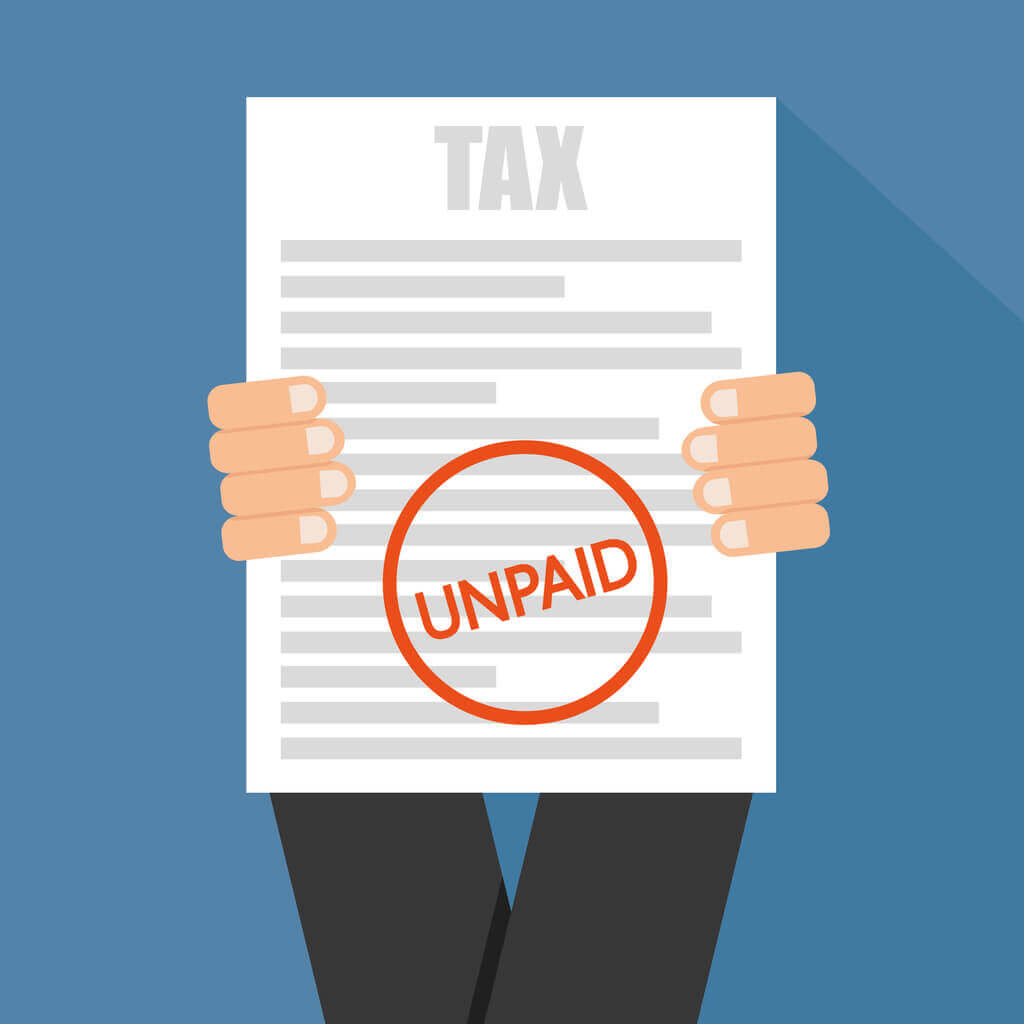According to the IRS, more than 10 Million taxpayers in America face an estimated tax penalty every year. Worse still, about 17 million taxpayers who owe the IRS, can’t pay. Tax time is always a stressful period for everyone who has to file their returns. However, it doesn’t have to be that stressful. We have broken down the ten most common tax problems and provided viable solutions to avoid and resolve them.
From penalties to unfiled taxes to return delays due to information, tax problems are extremely easy to make and incredibly expensive to resolve. This might be the reason why more than 26% of the Americans hate filing them. The problems can be a real pain in the eye- but they don’t have to be. Here are some common tax problems and ways to resolve them to ensure you enjoy a hassle-free tax season.
The IRS has numerous resources and law enforcement tools available to collect taxes. Every return faces scrutiny, and mistakes on the return can lead to an IRS tax audit. It is important for US taxpayers to remember that audits frequently result in fines, penalties and possibly imprisonment.
Unfortunately, with the greater complexity surrounding filing of tax returns, mistakes become increasingly likely. Even with care in filling out tax forms, there still could be an addition or subtraction error. Taxpayers also often fail to file all of the proper schedules.
1. Not Filing Your Taxes on Time
According to the IRS, only 80% of the total population files their taxes on time. While filing taxes can be incredibly tiresome, the consequences of not filing them are much worse. Failure to file on time welcomes costly penalties coupled with other stressful tax problems.
It is worth noting that your unfiled returns may yield your credits and refunds in the current year if you have failed filing taxes in the past. The general rule of thumb in late filing is avoiding postponing the process. Putting off filing only breeds convenient grounds for more mistakes, which are lengthier and costlier. If you have missed the tax deadlines, here are some important tips to get up your sleeve.
2. Trusting the Wrong Tax Preparer
Each year, many taxpayers fall in the trap of working with dishonest and unreliable tax preparers. The incompetent tax handlers make grievous mistakes, mislead clients, commit frauds, and make away with their refund money.
The best way to smoke out fraudulent taxpayers is by basing your judgment on instincts rather than mere words and promises. You should avoid any tax preparer who promises you a certain amount of refund amounts even before they have the chance to review your financial and past tax documents.
Besides, you need to be extremely cautious of preparers who base their payment primarily on a certain amount of your refunds. If any person commits tax fraud in your name, or you find yourself in the middle of a tax crime, it is crucial to find a reliable tax lawyer to represent you.
3. Not Filing Your Returns at All
It is here the old tenet of “better half a loaf than none” comes into play. Even if you don’t have the full amount required to file your returns, it is worth filing at least something to protect you from huge penalties.

Here are two easy methods that you can use to deal with filing issues conveniently and more affordably:
- File an installation agreement request – This form will go a long way in helping you outline a payment plan and schedule to avoid paying all your taxes upfront. However, there are interests incurred and penalties, but are considerably lower than the rates incurred when you fail to file.
- Apply for automatic extension – This form helps you extend the period with which you will pay your income tax returns. Just like the installation agreement request, this form does not necessarily exempt you from paying penalties or grant you an extension on tax payments. Still, it offers you much lower interest rates and penalties.
4. Making Math Mistakes
Remember when you were a kid in math school, and you get the results to a quiz problem which you failed due to simple calculations you could have avoided if you only double-checked? The same applies to your taxes. Don’t let a tax problem like an addition error land you into great issues.
Before you sign that dotted line at the bottom, or send the return in, ensure that you’ve double-checked your math and that all the calculations are added appropriately. Using a tax preparation software could prove helpful to avoid such gross errors.
Not reporting income: The law requires you report all income. Banks supply 1099 forms, so the IRS will have your account information available. The IRS will examine such forms closely to see if there are discrepancies between the amounts of income you claim to receive versus the amount of money you have in these accounts.
5. Creating Errors by Incorrectly Filling out Your Forms
This is a simple mistake, yet its consequences are unimaginable. Most taxpayers don’t take their time to double-check their documents before submitting them. Some errors may be incorrectly entering your social security number or writing down your documents illegibly.
Before you submit your documents, it is essential to:
- Cross-check your social security number.
- Verify your bank account and routing numbers.
- Ensure everything is dated correctly and sign anywhere that needs your signature.
- Consider e-filing since its faster and cost-efficient than the conventional methods.
6. Not Keeping up With the Updated Tax News
Every year, new tax laws are updated and can make a big difference. On the other hand, it is hard to keep up with the latest changes to the tax code, but it is crucial.
By staying informed with the latest news, you can avoid tax problems and, on the upside, take advantage of the benefits available to you. Regularly visit IRS.gov to access the new tax news easily.
7. Filing for the Wrong Status
Single. Married filing jointly. Married filing single. Head of household.
The terms can get confusing, and an even greater dilemma comes in knowing which holds more benefits. Many benefits come from couples signing jointly, than filing as single. It is crucial to take your time and do the math so that you know you are doing the right thing for maximum benefits.
8. Failing to Keep a Copy of Tax Returns
It is impossible to state all the reasons as to why you should keep your old filed returns. Keeping the previous tax returns will help you if tax problems arise and also useful when filing amended returns in case of mistakes. Past returns also help the IRS investigate issues like fraud investigations and other tax-related problems.
9. Overpaying
Every year, taxpayers pay a lot more than their dues by failing to take advantage of their entitled tax deductions. Some expenses, like medical and dental costs, charitable donations, and job expenses, are tax-deductible. Thus, you could save a lot of money by reporting them.
Make a point of listing any possible deductions and paying close attention to anything that may apply to you to lower your taxable income.
Overstating charitable deductions: The IRS keeps statistics on what typical households donate for charity. Exceeding such a figure will make you a target for the IRS. The IRS analyzes returns for deductions that appear out of the ordinary.
10. Filing the Wrong Tax Forms or Failing to Correct Them
Before filing, ensure that you are filing the correct form appropriate to your tax situation. Form 1040 is a great option for the self-employed individuals, or those that do itemized deductions, whereas, the 1040EZ is easy for people with simpler deductions.
If your W-2 form has errors, address them as soon as possible before the IRS gets involved, and if you are filing electronically, validate all your information and verify your electronic refund.
Schedule C reporting irregularities: Self-employed individuals file Schedule C returns providing a summary of earnings and losses. Business expense deductions are, of course, common. But anytime you make such a deduction, it is essential to document its validity. Be careful in taking deductions that appear to not be a regular part of doing business.
What to Do When There is a Tax Problem
While this list trues to comprehensively cover how to avoid tax problems, it is not impossible to find yourself in one of these problems. If you encounter such, or want to know more about the tax problems, get in touch with us today, and we will be more than willing to assist.








